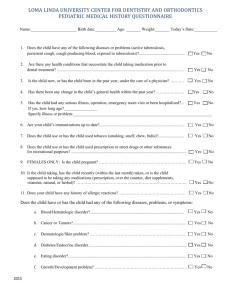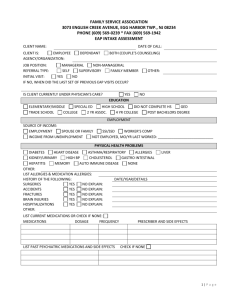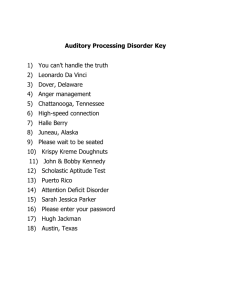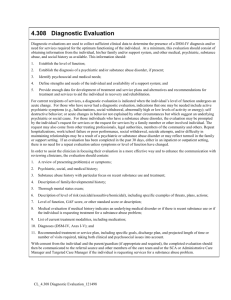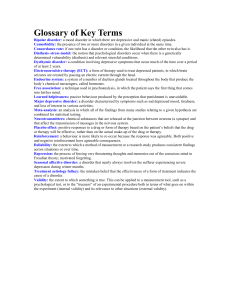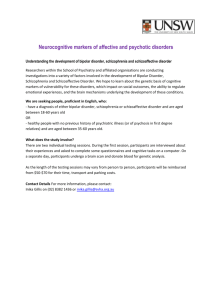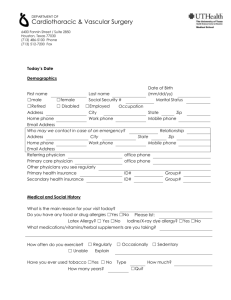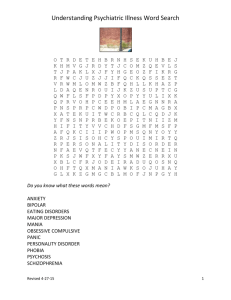Pre-test Probability
advertisement
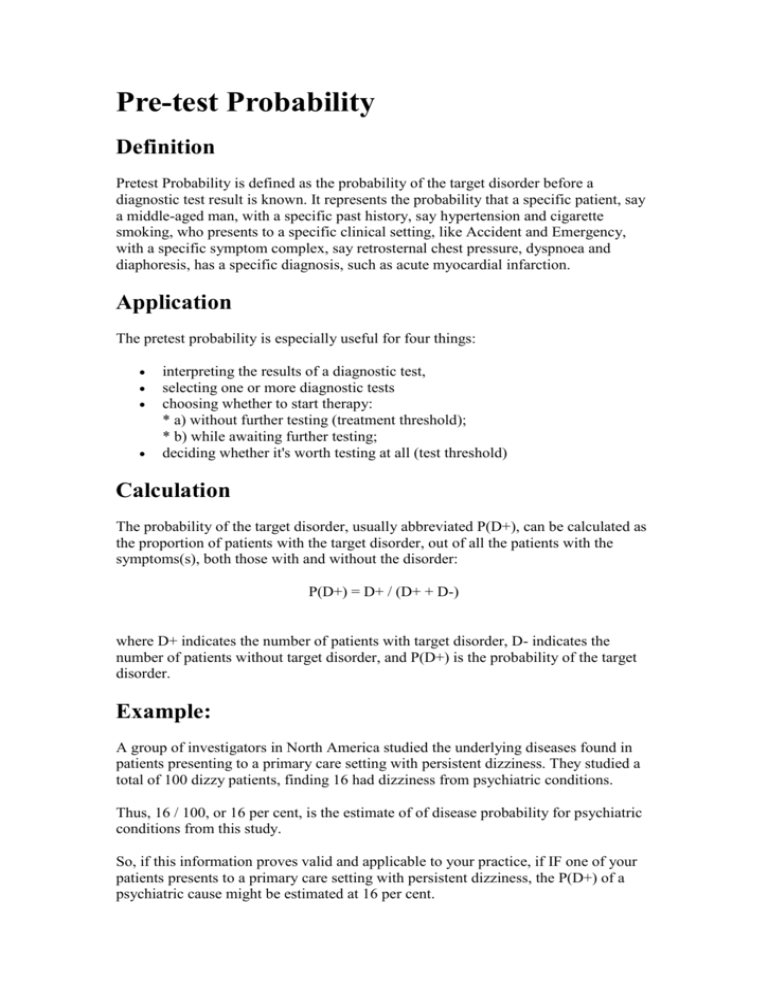
Pre-test Probability Definition Pretest Probability is defined as the probability of the target disorder before a diagnostic test result is known. It represents the probability that a specific patient, say a middle-aged man, with a specific past history, say hypertension and cigarette smoking, who presents to a specific clinical setting, like Accident and Emergency, with a specific symptom complex, say retrosternal chest pressure, dyspnoea and diaphoresis, has a specific diagnosis, such as acute myocardial infarction. Application The pretest probability is especially useful for four things: interpreting the results of a diagnostic test, selecting one or more diagnostic tests choosing whether to start therapy: * a) without further testing (treatment threshold); * b) while awaiting further testing; deciding whether it's worth testing at all (test threshold) Calculation The probability of the target disorder, usually abbreviated P(D+), can be calculated as the proportion of patients with the target disorder, out of all the patients with the symptoms(s), both those with and without the disorder: P(D+) = D+ / (D+ + D-) where D+ indicates the number of patients with target disorder, D- indicates the number of patients without target disorder, and P(D+) is the probability of the target disorder. Example: A group of investigators in North America studied the underlying diseases found in patients presenting to a primary care setting with persistent dizziness. They studied a total of 100 dizzy patients, finding 16 had dizziness from psychiatric conditions. Thus, 16 / 100, or 16 per cent, is the estimate of of disease probability for psychiatric conditions from this study. So, if this information proves valid and applicable to your practice, if IF one of your patients presents to a primary care setting with persistent dizziness, the P(D+) of a psychiatric cause might be estimated at 16 per cent. References: 1. www.cebm.net 2.Kroenke K, Lucas CA, Rosenberg ML, Scherokman B, Herbers JE, Wehrle PA, Boggi JO. Causes of persistent dizziness: a prospective study of 100 patients in abulatory care. Ann Intern Med 1992; 117:898-904.
